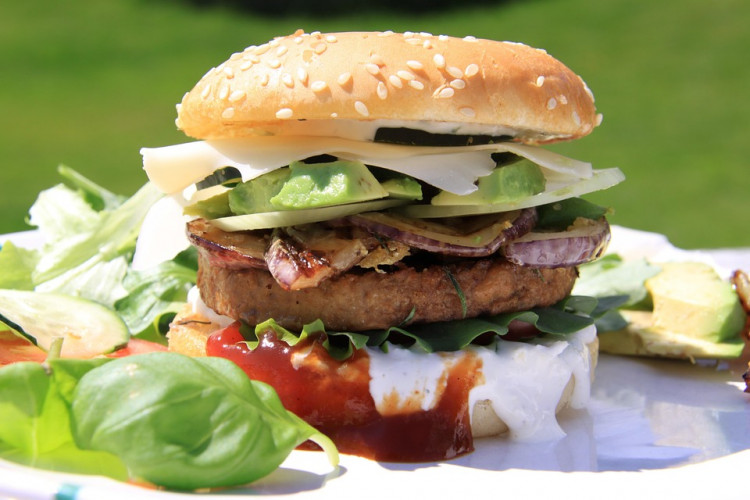European Union lawmakers voted Wednesday to restrict meat-related names such as "burger," "steak," and "sausage" to products derived from animal meat, reigniting a debate over how plant-based foods should be marketed in the bloc. The European Parliament backed the amendment by a 355-247 vote, part of a broader regulation aimed at strengthening farmers' negotiating power within the EU food supply chain.
The measure, if ratified by the European Council and European Commission, would prohibit the use of popular food names such as "veggie burger," "vegan sausage," "tofu steak," or "cauliflower schnitzel" on plant-based products. Lawmakers said the change would prevent consumer confusion and protect the integrity of traditional agricultural terminology.
French center-right MEP Céline Imart, who authored the amendment and is herself a cereal farmer, said the rule was needed to safeguard livestock producers and preserve transparency. "A steak, an escalope or a sausage are products from our livestock, not laboratory art nor plant products," she said. "There is a need for transparency and clarity for the consumer and recognition for the work of our farmers."
Imart argued the measure was consistent with existing EU rules that prohibit terms such as "milk," "butter," or "yogurt" for plant-based alternatives, which must instead be labeled as "drinks" or "spreads." The EU's dairy definitions restrict these words to items "secreted by mammary glands."
The decision marks a reversal from 2020, when lawmakers rejected a similar proposal. But the 2024 elections shifted the European Parliament further to the right, bolstering representation from rural and agricultural constituencies that have pressured Brussels to adopt more protectionist farm policies.
Green and centrist lawmakers condemned the move as political theater rather than meaningful reform. Austrian Green MEP Thomas Waitz said, "Veggie burgers, seitan schnitzel and tofu sausage do not confuse consumers, only rightwing politicians. This tactic is a diversion and a pathetic smokescreen. No farmer will earn more money or secure their future with this ban."
Even within Imart's own political family, the European People's Party (EPP), the measure faced skepticism. Group leader Manfred Weber said before the vote that "consumers are not stupid when they go to the supermarkets and buy their products," suggesting Parliament had more pressing issues to address.
Major retailers in Germany, including Aldi and Lidl, also oppose the restriction, warning it could make it "more difficult for consumers to make informed decisions." Germany is Europe's largest market for plant-based foods, with rapid growth driven by younger and health-conscious consumers. Retailers fear renaming familiar products could slow adoption and cause labeling confusion.
France's powerful livestock industry, however, applauded the measure. Jean-François Guihard, head of the French meat association Interbev, said, "Without clear safeguards, consumers risk being misled by products that are disguised as meat but are not meat." France had attempted to enact a similar national ban in 2020, but the European Court of Justice struck it down earlier this year, ruling it inconsistent with EU law.
Consumer advocates say lawmakers are ignoring public sentiment. A survey by the European Consumer Organisation (BEUC) in 11 member states found that nearly 70% of consumers understood terms like "veggie burger" or "vegan sausage" as long as labeling clearly identified them as plant-based. "Policymakers should focus on making packaging clear and understandable with trustworthy labels," said Irina Popescu, BEUC's food policy officer.
Anna Stürgkh, a centrist MEP from Austria's Renew Europe group, mocked the move as linguistic overreach. "A beef tomato doesn't contain any beef... Ladies' fingers are not made of actual ladies' fingers. Let's trust consumers and stop this hotdog populism," she said.






